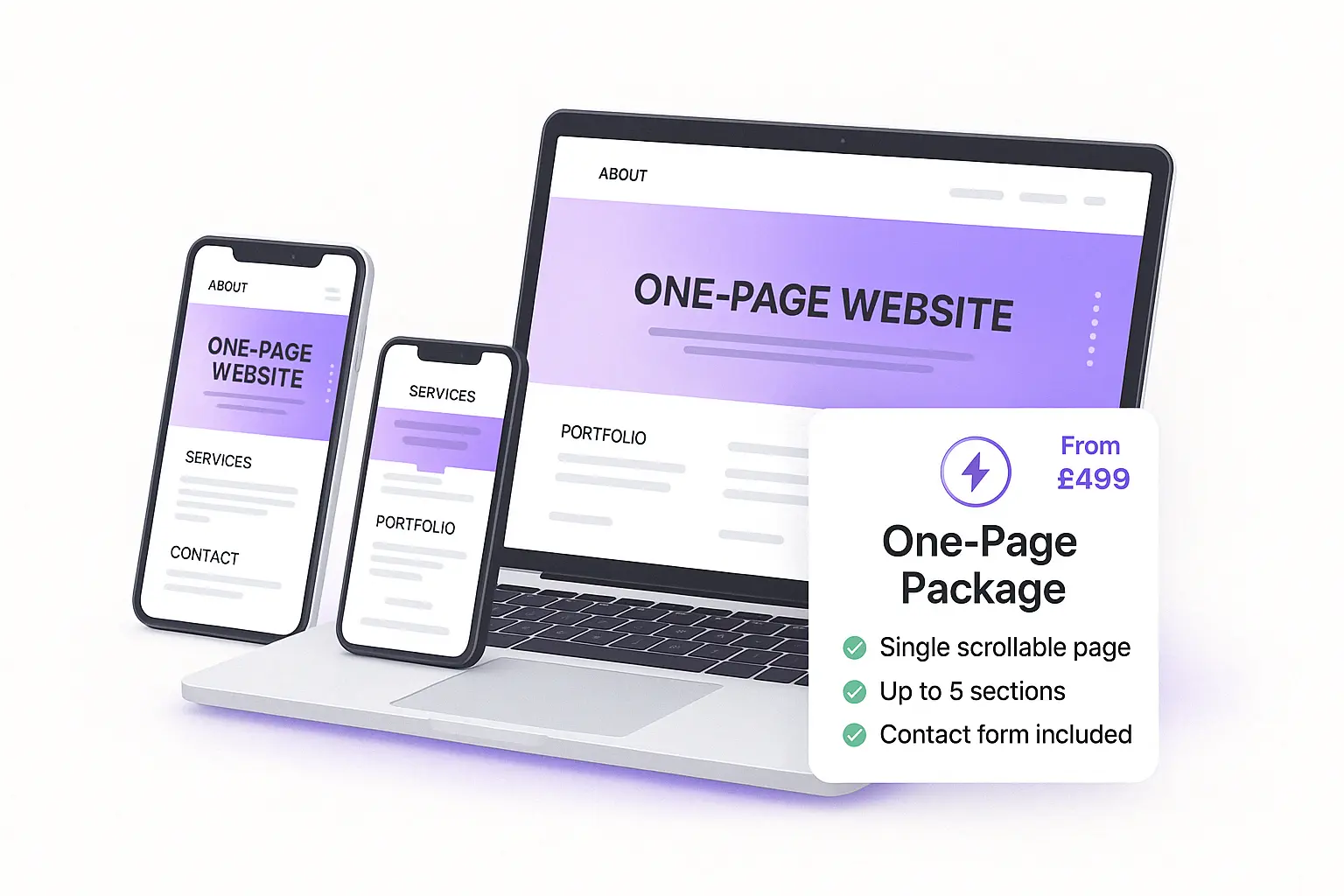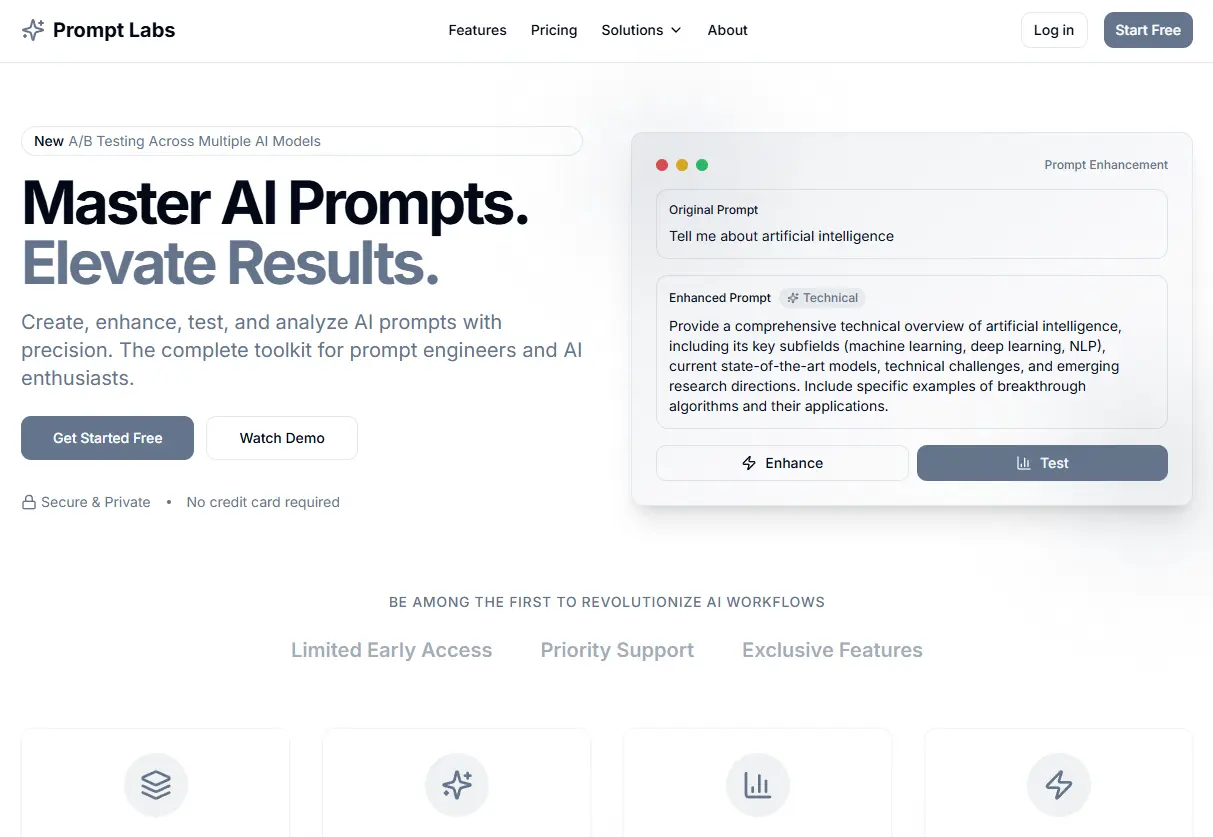Maintaining consistent local business listings has become a cornerstone of successful local SEO strategies in 2025. For small to medium local businesses, marketers, and SEO specialists alike, ensuring accuracy across all platforms is critical—not only to boost search rankings but also to enhance customer trust and user experience. This comprehensive guide walks you through every essential step, tool, and best practice to audit, correct, and maintain your local business listings effectively, helping your business stand out in highly competitive local search results.
What is Local Business Listings Consistency and Why It Matters for SEO
Local business listings consistency refers to the uniformity of key information—Name, Address, Phone number (NAP)—that appears across various online directories, search engines, social platforms, and citation sites. When your business details are identical everywhere, it signals to search engines that your business is credible and trustworthy, which significantly impacts local search rankings.
Accurate NAP consistency plays a vital role as one of the major local SEO factors. Every citation or mention of your business acts like a reference point for Google and other search engines to validate your business’s existence and location. Any inconsistency, whether it’s a typo in your street name or an outdated phone number, can confuse search algorithms, resulting in diminished local visibility or ranking penalties.
Moreover, consistent listings improve user experience by ensuring potential customers find reliable contact data no matter where they look. This increases engagement and, ultimately, conversions. Inconsistent or conflicting listings risk losing customer trust, increase bounce rates, and provide competitors an advantage in local markets.
Common Issues Caused by Inconsistent Local Business Listings
Inconsistent local business listings often lead to several common problems that hurt SEO performance and brand authority:
- Duplicate Listings: Multiple entries with slightly different details can split reviews, confuse search engines, and reduce overall ranking strength. Mismatched Addresses: Variations in address format or using the old location create conflicts in local citation data. Incorrect Phone Numbers: Outdated or wrong numbers frustrate users and hinder direct contact, negatively impacting conversion rates. Data Discrepancies Across Platforms: Differences between Google My Business, Yelp, Bing Places, and local directories cause algorithmic uncertainty.
These issues can trigger local ranking penalties, lower trust signals, and even cause potential customers to doubt your business's legitimacy. User trust issues arise when customers encounter inconsistent or unreliable information online, making them less likely to visit or engage with your business.
How to Audit Your Local Business Listings for Consistency
Conducting a thorough local listings audit is the first crucial step toward achieving NAP consistency and optimising your online presence. This process involves identifying discrepancies and rectifying any incorrect or missing information across every platform where your business appears.
Here’s how to approach a local listings audit effectively:
- Conduct a Search Scan: Manually search popular directories and platforms such as Google, Bing, Yelp, Facebook, and prominent local business directories to collect current information about your business listings. Use Citation Check Tools: Automate the auditing process with specialised software that scans hundreds of directories and citations for inconsistencies. Document Findings: Create a spreadsheet or database where all listing data is collected and compared to identify discrepancies quickly. Prioritise Corrections: Focus on high-impact platforms first, including Google My Business and major search engines, then move on to niche or industry-specific directories.
Top Tools for Checking Local Listing Consistency
To save time and improve accuracy, invest in reliable local SEO tools tailored for citation management and local listing audits:
- Moz Local: Offers powerful citation monitoring and allows you to update key business data across multiple directories from a single dashboard. BrightLocal: Comprehensive local SEO tool with a local listings scanner, enabling you to easily spot and fix NAP inconsistencies. Yext: Provides automated syncing of business information across major data aggregators and directories and features strong duplicate detection. Whitespark: Useful for both citation building and auditing, especially for competitive analysis in local search. SEMrush Local Listings Tool: Combines audit and management capabilities with actionable insights to improve local search presence. Synup: An all-in-one platform for managing local listings, monitoring reviews, and tracking local search performance.
Step-by-Step Guide to Correct and Update Your Local Business Listings
After completing an audit, correcting and updating your listings systematically is critical to restoring consistency. Follow these practical steps:
- Standardise Your NAP: Choose one official format for your business name, address, and phone number—and use this uniformly everywhere. Update Google My Business: Access your GMB dashboard and ensure all info is accurate and complete; add relevant categories and photos to optimise further. Correct Listings on Key Directories: Log into major platforms like Bing Places, Yelp, TripAdvisor, and update your details accordingly. Request Data Aggregator Updates: Contact top local data providers to propagate your correct business info across smaller directories. Submit Corrections to Citation Sites: Use the reporting or editing tools on individual citation websites to update or claim your listings.
How to Handle Duplicate or Conflicting Listings
Duplicate or conflicting listings dilute local SEO efforts. Here’s how to manage them effectively:
- Identify Duplicates: Use tools or manual searches to find all duplicated entries on search engines and directories. Claim All Listings: Gain access to each listing to evaluate and control their content. Merge or Remove Duplicates: Where possible, merge duplicated listings to consolidate reviews and data; if merging isn’t supported, request suppression or removal. Suppress Incorrect Citations: Contact directory support or use suppression tools within citation management platforms to eliminate false or outdated information. Monitor Regularly: Set up alerts or schedule audits to catch new duplicates before they affect SEO.
The Role of an SEO Expert in Maintaining Listing Consistency
While DIY audits and corrections are possible, partnering with an SEO expert specialising in local SEO can dramatically improve outcomes. Professional services bring strategic insights, technical https://www.tumblr.com/eleganttyranttrophy/789327430740492288/discover-exciting-things-to-do-in-basildon-in-2025 know-how, and ongoing management to maintain consistency long-term.
An SEO expert will:
- Develop a customised local SEO strategy tailored to your business goals and competitive landscape. Leverage advanced tools and local SEO consultants’ expertise to conduct in-depth citation audits and cleaning. Manage ongoing citation building and correction processes to ensure data uniformity across all platforms. Integrate local business listings consistency efforts with broader reputation management and review monitoring strategies. Provide regular reports showing improvements in local search rankings and ROI metrics.
Hiring an SEO expert ensures your local business listings remain a powerful asset rather than a liability in your digital marketing plan.
Best Practices to Maintain Long-Term Local Listing Consistency
Consistency is not a one-time effort; it requires continuous attention to protect and enhance your local SEO presence. Adopt these best practices for sustainable results:
- Implement Ongoing Listings Monitoring: Use citation management software to track your listings regularly and catch inconsistencies early. Schedule Regular Audits: Conduct comprehensive audits monthly or quarterly, especially after business changes like relocation or rebranding. Update Business Information Promptly: Any change to your name, address, phone number, hours, or services must be reflected everywhere swiftly. Maintain a Centralised Record: Keep a master version of your business details accessible to anyone responsible for digital marketing or directory submissions. Automate Where Possible: Employ tools that synchronise your business information across multiple platforms, reducing manual errors. Train Your Team: Educate staff or marketing teams about the importance of citation consistency so no inaccurate data gets submitted inadvertently.
FAQ Section
What is NAP consistency in local SEO?
NAP consistency refers to having the exact same business Name, Address, and Phone number across all online directories, search engines, and citation platforms to improve local search trust and rankings.

How often should I update my business listings?
Ideally, update your listings anytime there is a change in business information and perform full audits every three to six months to maintain accuracy.

Can inconsistent listings hurt my Google ranking?
Yes, inconsistent data can confuse search engines, reduce your local relevance and authority, leading to lower rankings in local search results.
Which tools can help me manage my local listings?
Popular tools include Moz Local, BrightLocal, Yext, Whitespark, SEMrush Local Listings, and Synup, all designed to audit, manage, and update citations effectively.
How does an SEO expert fix local business listings inconsistency?
An SEO expert conducts a comprehensive audit, identifies discrepancies and duplicates, standardises NAP, claims and updates listings, removes duplicates, and sets up ongoing monitoring processes.
Conclusion
Ensuring local business listings consistency in 2025 is a foundational pillar for thriving in the increasingly competitive local SEO landscape. By conducting detailed audits, leveraging the right tools, correcting inaccuracies, and adopting long-term maintenance best practices, your business can achieve stronger local search rankings and enhanced customer trust. Whether you decide to manage this internally or hire an experienced SEO expert, prioritising NAP accuracy and citation consistency is non-negotiable for sustainable local success.
Take action today—start auditing your listings or consult a local SEO professional to unlock your business’s true potential in local search results!
